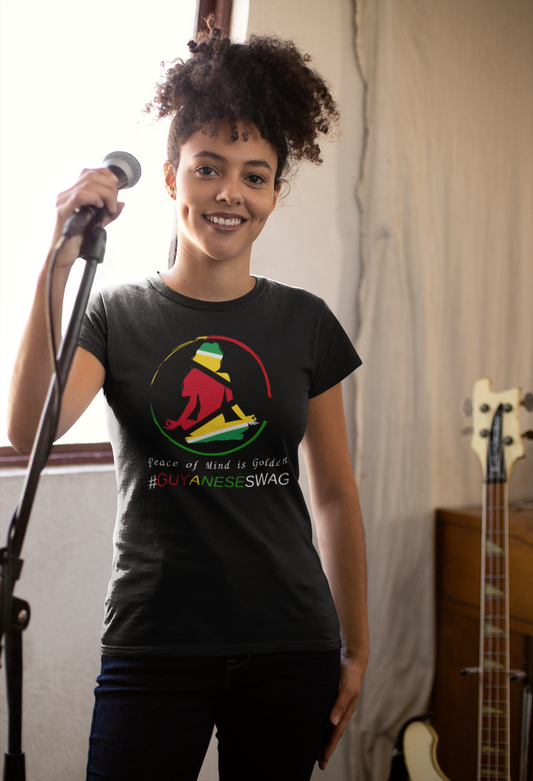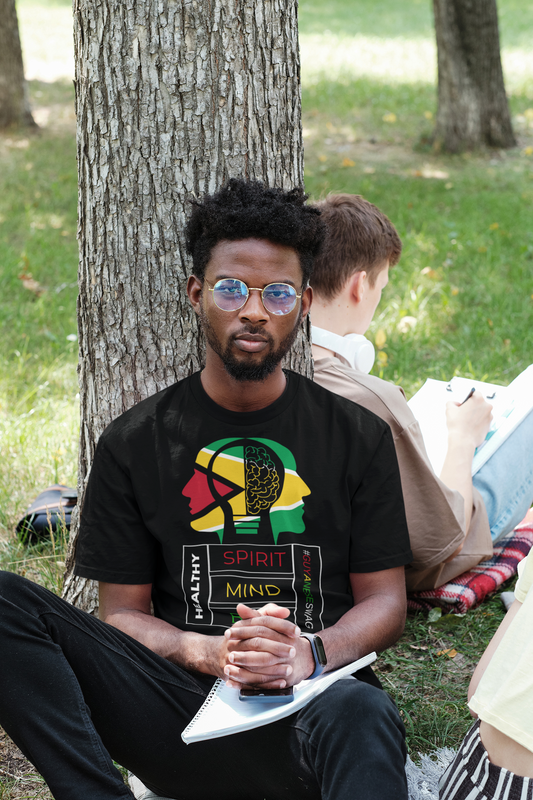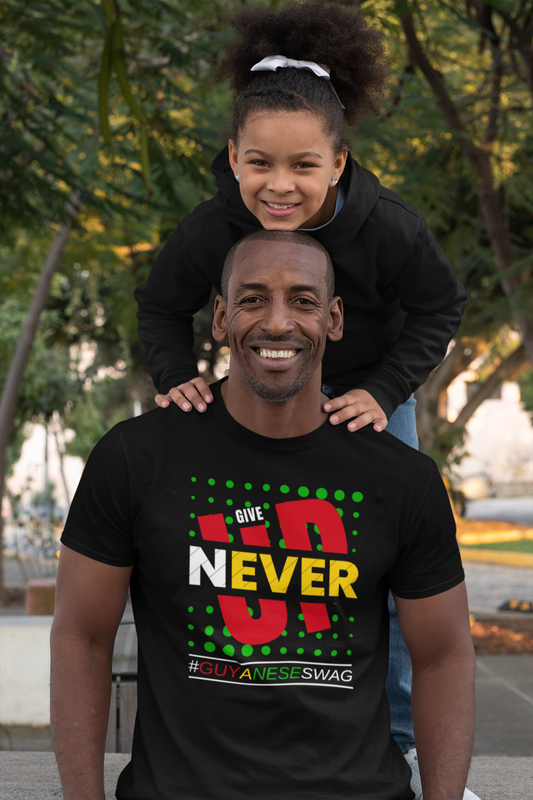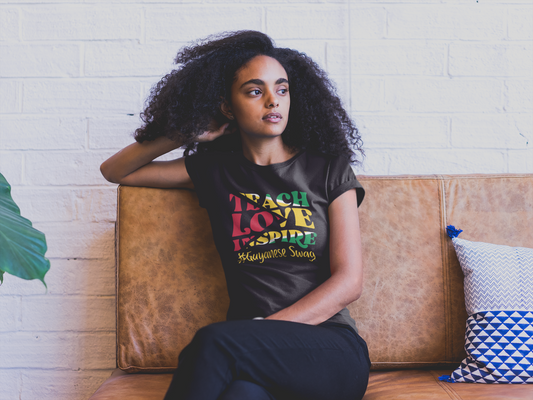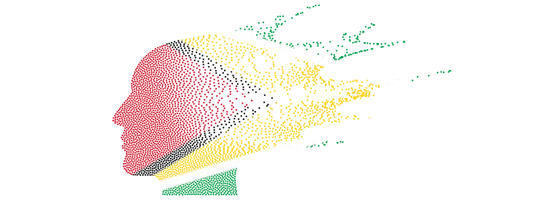Caribbean carnival is a colorful, vibrant, and joyous celebration that is deeply rooted in the history and culture of the Caribbean. It is a time for people to come together, to dance, sing, and celebrate their identity and heritage.
The origins of Caribbean carnival can be traced back to the European tradition of masquerade, in which people would wear masks and costumes to conceal their identity and social status. This tradition was brought to the Caribbean by European colonizers, who introduced it as a way to celebrate the pre-Lenten period.
However, Caribbean carnival soon took on a life of its own, as enslaved Africans and their descendants infused the celebration with their own cultural traditions. The festival became a time for African people to express themselves through music, dance, and costumes, and to celebrate their own culture and identity.
Over the years, Caribbean carnival has evolved and transformed, becoming a reflection of the unique cultural traditions and influences of the various islands and countries in the region. Each carnival has its own distinct character, with its own music, dance, and costume styles.
In Trinidad and Tobago, for example, carnival is a high-energy celebration that is known for its elaborate and colorful costumes, soca music, and street parties. In Jamaica, carnival is known as "Bacchanal," and features reggae music, dancehall, and vibrant costumes.
Other Caribbean countries also have their own versions of carnival, including Barbados, Grenada, and Antigua, each with its own unique style and traditions.
One of the most important aspects of Caribbean carnival is the parade, in which revelers take to the streets to dance, sing, and show off their costumes. The parade is often accompanied by live music, with steel drum bands, brass bands, and other musicians playing traditional and modern rhythms.
Food is also an important part of Caribbean carnival. Local specialties like jerk chicken, roti, and rice and peas are served alongside street food favorites like fried plantains, corn on the cob, and grilled meat.
Caribbean carnival has also played an important role in the region's social and political history. During the colonial period, carnival was often the only time of year when enslaved Africans were allowed to openly express themselves and celebrate their culture. In the post-colonial era, carnival became a way for Caribbean people to assert their identity and independence, and to challenge the social and political structures that had oppressed them.
Today, Caribbean carnival continues to be a vital and vibrant part of the region's cultural landscape. It is a time for people to come together, to celebrate their heritage, and to create new memories and traditions with friends and family.
In conclusion, Caribbean carnival is a celebration that is deeply rooted in the history and culture of the Caribbean. It is a time for people to come together, to dance, sing, and celebrate their identity and heritage. Whether you are a native of the Caribbean or a visitor to the region, carnival is an experience not to be missed. It is a time to revel in the joy and vibrancy of Caribbean culture, and to celebrate the resilience and spirit of its people.


